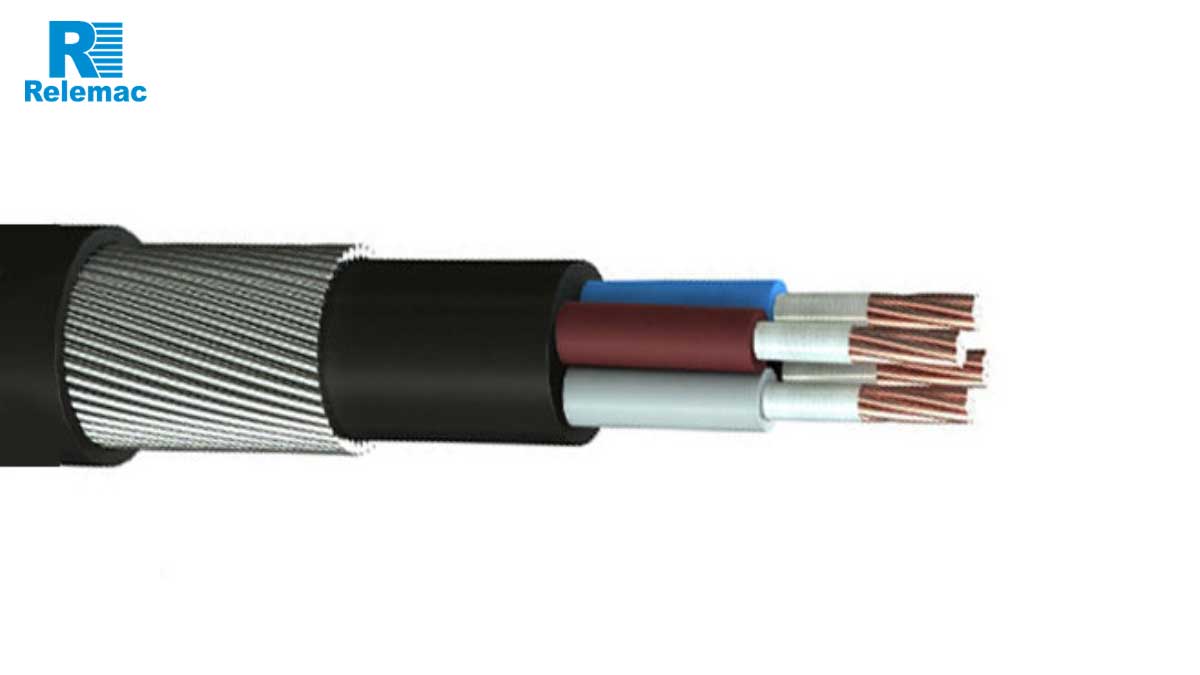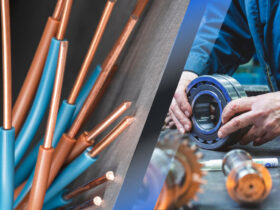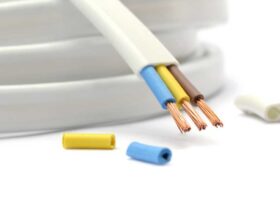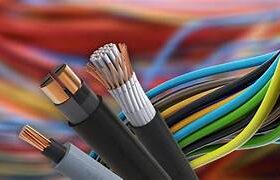In a world where technological advancements are transforming industries at an unprecedented pace, the demand for adaptable and versatile solutions has never been greater. Flexible cables have emerged as a crucial component in addressing the continuous and evolving needs of customers across various sectors. This blog explores the significance of flexible cables and how they play a pivotal role in meeting the dynamic requirements of modern consumers.
Understanding Flexibility:
The term “flexible cables” refers to a diverse range of cables designed to bend and flex without damage to the internal conductors. These cables are engineered to withstand the rigors of constant movement, making them ideal for applications where traditional rigid cables fall short. The flexibility of these cables ensures reliable performance in environments that demand adaptability.
Applications Across Industries:
Flexible cables find applications in a wide array of industries, ranging from manufacturing and automation to healthcare and telecommunications. In the manufacturing sector, they facilitate seamless robotic operations, while in healthcare, they enable the flexibility required for medical equipment. The versatility of flexible cables extends to telecommunications, where they play a vital role in ensuring uninterrupted connectivity.
Meeting Customized Needs:
One of the key advantages of flexible cables is their ability to be customized to meet specific requirements. This is particularly significant in industries where standard solutions may not suffice. Manufacturers like Relemac Technologies Private Limited understand the importance of tailoring cable solutions to address the unique demands of their customers. Whether it’s a specialized length, specific insulation material, or unique connectors, flexible cables can be adapted to provide a bespoke solution.
Technological Advancements:
The continuous evolution of technology has spurred innovations in the design and manufacturing of flexible cables. Advanced materials, such as high-quality polymers and thermoplastics, contribute to enhanced flexibility and durability. Additionally, improved insulation materials ensure that flexible cables can operate efficiently in a wide range of temperatures and environmental conditions.
Reliability and Durability:
Flexible cables are built to withstand the challenges posed by dynamic environments. The emphasis on durability ensures a longer lifespan, reducing maintenance costs and downtime. This reliability is particularly crucial in critical applications where any interruption can have significant consequences.
Compliance and Certification:
Reputable manufacturers, like Relemac, prioritize compliance with industry standards and certifications. Adhering to these standards ensures that flexible cables not only meet but exceed the safety and performance requirements set by regulatory bodies. Customers can have confidence in the reliability and safety of products that bear the stamp of approval from relevant authorities.
Conclusion:
As industries continue to evolve, the role of flexible cables in addressing the ever-changing needs of customers becomes increasingly vital. The ability to adapt, customize, and innovate ensures that flexible cables remain at the forefront of technological advancements. Companies like Relemac Technologies Private Limited, with their commitment to quality and innovation, play a crucial role in shaping the future of flexible cable solutions, providing customers with the reliability and flexibility they demand.












Leave a Reply